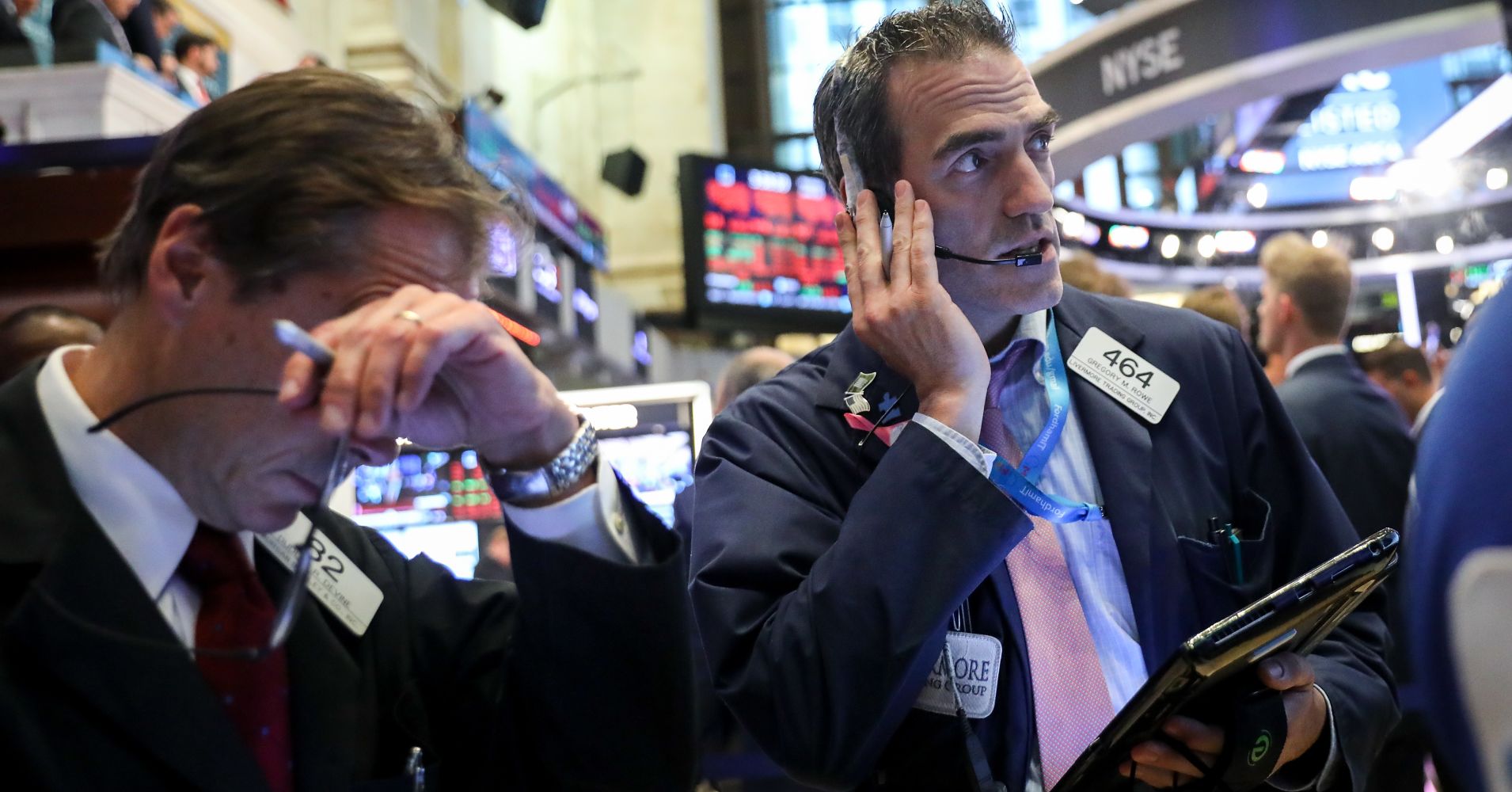Passive investments such as exchange-traded funds are overbought and could spark the next market crash, one expert warned Thursday.
ETFs are a collection of stocks that track a specific index, a commodity, or bonds. This means that if the index that the ETF is tracking goes up, then the ETF will move higher too and provide those that bought it with some return.
Investors have flocked to these kind of investments in the wake of the global financial crisis as a way to reduce risk, while paying very low fees. Passive investors see them as an easy option compared to active investing strategies — where individual stocks are picked out based on research.
“Passive investment strategies have risen unbelievably in the U.K. and Europe over the last two to three years … And that’s all fair and well, everyone wants passive, easy, wealth protection, as opposed to wealth generation, but it has got to the point now where some ETFs and some indexes are overinflated, bloated levels,” said Michael Horan, the head of trading at financial services firm BNY Mellon’s Pershing.
“But the challenge is that, yes, if the there is a shock — and I think everyone feels that there is some kind of shock coming from somewhere, you know it’s one of the biggest bull runs we have had in a long time — selling out those ETF positions and in particular the bonds, the bond market, if there is a rush to the door, a rush to the exit, it’s going to be very difficult for the market to take the weight of all that selling,” Horan explained.
The S&P 500 clinched a record as the longest bull run in history earlier this week. Some analysts argue that this continued growth cannot go on for much longer and a crash is inevitable.
In such an event, ETF holders could see significant losses. According to Horan, increased banking regulation, such as the new Basel III rules, will make it difficult for banks to buy ETFs.
“Five, 10 years ago we had a lot of bank inventory, risk inventory, they would take the weight from a buy-side client trying to offload a position, (but) as a result of Basel III and the never-ending tsunami of regulatory laws and legislation, it is very difficult for these banks now to have these prop (propriety trading) desks that take away those trades,” he said. Propriety trading is where a firm or a bank invests its own cash, rather than client funds.
“So when the rush to the door, the exit, does come — and it will — it remains to be seen what kind of position we are going to be left with,” Horan told CNBC.


 Signal2forex.com - Best Forex robots and signals
Signal2forex.com - Best Forex robots and signals




